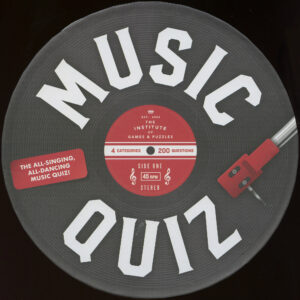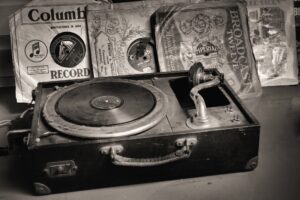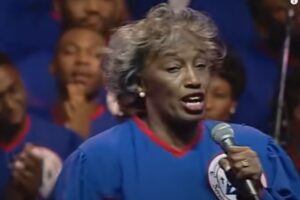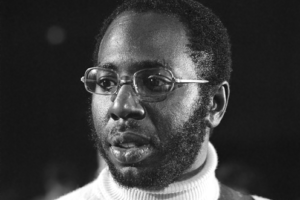This link sums up my feeling about gospel music.
There isn’t too much available about Bobby Jones, who hosts gospel shows on BET and elsewhere. However, the bigger issue is gospel music. Here is part of a nice commentary at Wikipedia:
Gospel music in general is characterized by dominant vocals (often with strong use of harmony) referencing lyrics of a Christian nature. Subgenres include contemporary gospel, urban contemporary gospel (sometimes referred to as “black gospel”), Southern gospel, and modern gospel music (now more commonly known as praise and worship music or contemporary Christian music). Several forms of gospel music utilize choirs, use piano or Hammond organ, tambourines,drums, bass guitar and, increasingly, electric guitar. In comparison with hymns, which are generally of a statelier measure, the gospel song is expected to have a refrain and often a more syncopated rhythm.
Many attempts have been made to describe the style of late 19th and early 20th century gospel songs in general. Christ-Janer said “the music was tuneful and easy to grasp . . . rudimentary harmonies . . . use of the chorus . . . varied metric schemes . . . motor rhythms were characteristic. . . . The device of letting the lower parts echo rhythmically a motive announced by the sopranos became a mannerism . . .”[1]
Patrick and Sydnor emphasize the notion that gospel music is “sentimental”, quoting Sankey as saying, “Before I sing I must feel”, and they call attention to the comparison of the original version of Rowley’s “I Will Sing the Wondrous Story” with Sankey’s version.[2] Gold said, “Essentially the gospel songs are songs of testimony, persuasion, religious exhortation, or warning. Usually the chorus or refrain technique is found.”[3] (Continue Reading…)
Above is “I Am a Soldier in the Army of the Lord.” Below, Jones and The New Life Singers appear on an episode of “Nashville Now” hosted by Wayne Newton and performs a medley of “I’ll Fly Away,” “Down by the Riverside” and “When the Saints Go Marching In.” Newton walks on during the last song of the medley.










